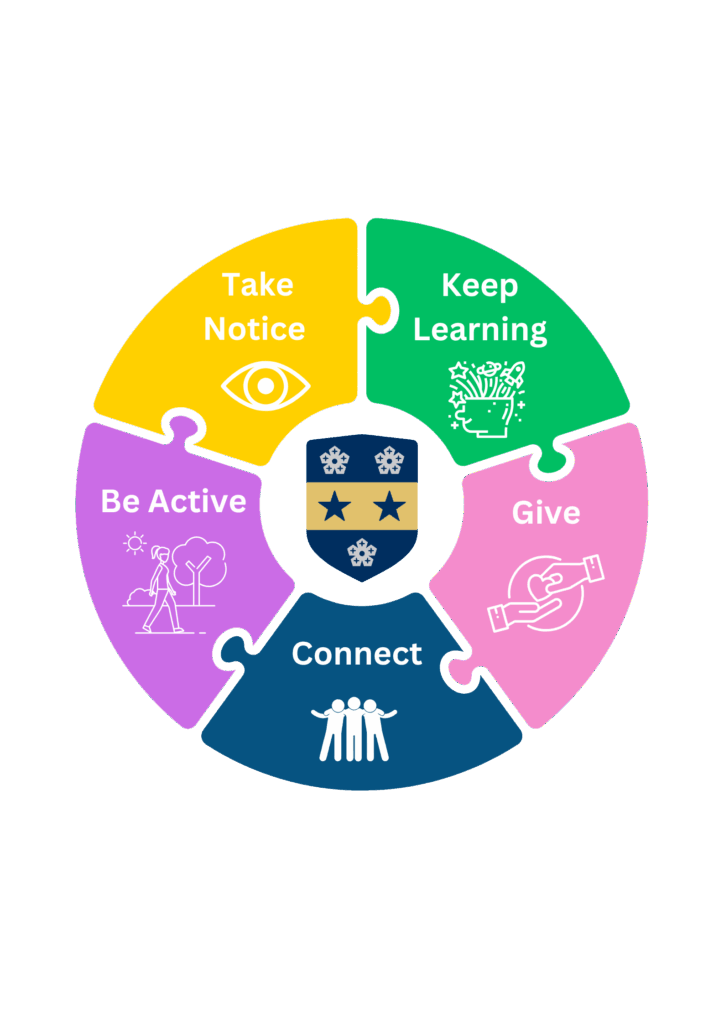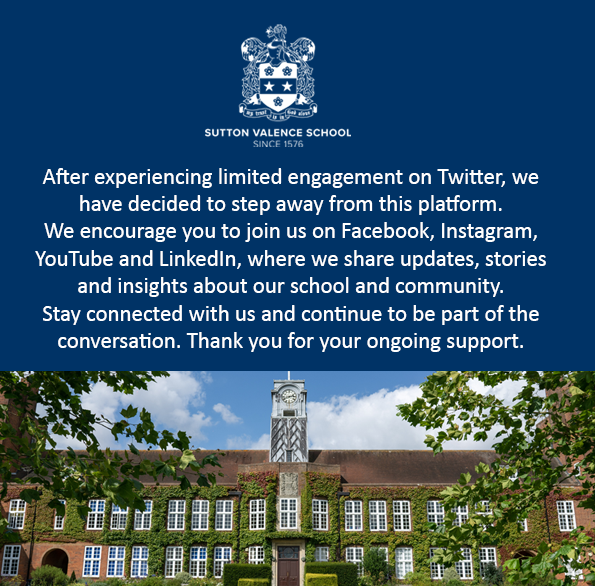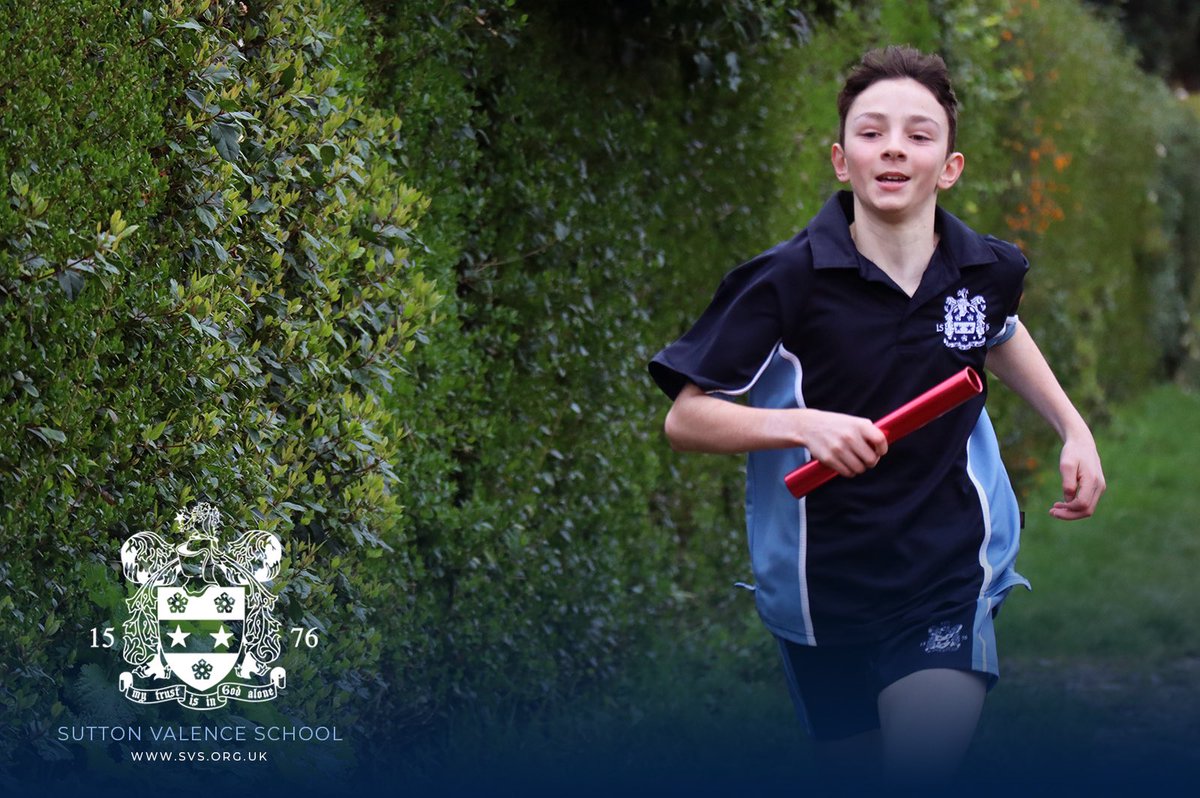
This week began with a breakout assembly for our Fourth Form students on the topic of social media and its impact on our self-concept. Over the course of the year, all students will take part in this important conversation.
In the session, we explored “the good, the bad, and the ugly” side of social media and how it shapes the way we feel about ourselves. One exercise invited students to think about the last time they posted something online:
• Did they check for likes or comments?
• How did they feel if the response was higher or lower than expected?
• What expectations did they have before posting?
This activity showed just how quickly external feedback can shape our sense of self. Even when we say, “I don’t care,” most of us feel something in response to feedback. Over time, those small nudges can slowly chip away at self-concept.
Together, we explored social comparison theory, the idea that humans naturally compare themselves to others. The problem with social media is that we are not comparing ourselves to everyday reality but to carefully curated highlight reels. This can leave us feeling less attractive, less successful, or less interesting and over time, it can reshape our sense of self-worth.
Next week on Tuesday 16th of September, our Sixth Form students will take part in an Equality, Diversity and Inclusion (EDI) training session, delivered by Johan Jensen of All-in Education. The session is part of our commitment to supporting students as they become thoughtful, respectful and responsible members of a diverse society.
The session is designed to be engaging, thought-provoking and age-appropriate. It will explore:
• What EDI means and how it relates to identity, community and life after Sutton Valence
• Why EDI matters, particularly within schools and governing institutions
• Common barriers to inclusion, such as assumptions, bias and stereotypes
• How individuals can make a positive difference, including how to respond to challenging situations in constructive ways
Throughout, students are encouraged to reflect, share ideas and consider different perspectives in a respectful and structured environment. The goal is not to tell students what to think, but to support them in thinking critically, with empathy and awareness of others. It aims to help students navigate today’s world with confidence, curiosity and kindness.
The safeguarding and wellbeing team wanted to inform you about a social media app called ‘Polybuzz’ that is becoming increasingly popular among young people and is causing concern due to its potentially harmful content and anonymous messaging features.
What is Polybuzz?
Polybuzz is an app that allows users to receive anonymous messages and questions from others. While it may appear to be a harmless way to interact, it has been linked to cyberbullying, harmful comments and online safety risks.
Key Concerns:
• Anonymous messaging can lead to unkind, inappropriate or threatening language
• Lack of accountability: users cannot be easily identified, making it harder to report abuse
• Mental health impact: receiving negative or cruel comments anonymously can affect a young person’s self-esteem and well-being
• Inappropriate content: there is limited moderation, and students may be exposed to content that is not age appropriate.
Our Advice to Parents and Carers:
• Talk to your child about the apps they use and the risks of anonymous platforms.
• Encourage them to avoid using apps like Polybuzz that allow unmoderated anonymous interaction.
• Remind them to report any harmful messages to a trusted adult and to delete apps that make them feel uncomfortable.
• Check privacy settings regularly and be aware of new or trending apps.





